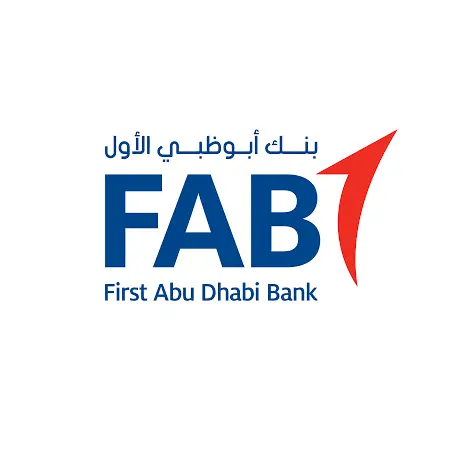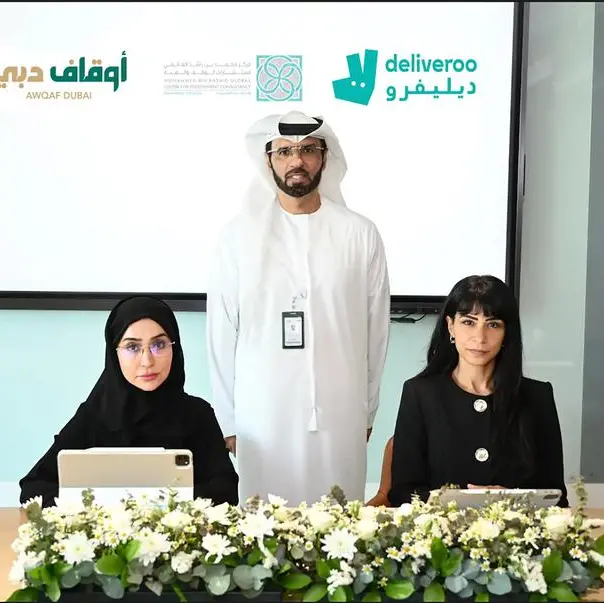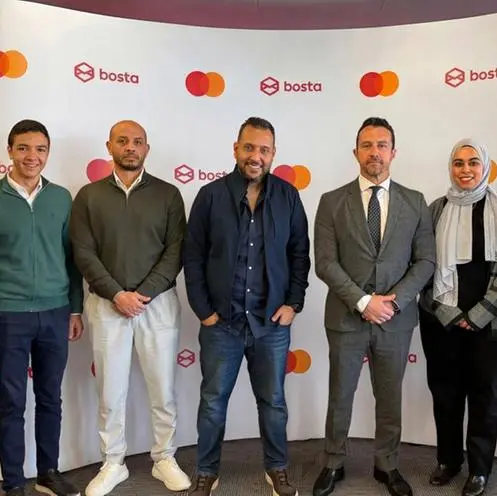PHOTO
JOHANNESBURG, South Africa:-/African Media Agency(AMA)/- Navigating the impact of artificial intelligence and hybrid work models will be the top challenges affecting the role of HR professionals in 2024. These were the main points emerging from the HR Connect event held today, hosted by SAP at the Maslow Hotel in Johannesburg.
Kholiwe Makhohliso, Managing Director for Southern Africa at SAP, says business and HR leaders are grappling with the complexities of a new world of work shaped by hybrid models and the impact of intelligent technologies. "The ongoing impact of flexible hybrid work environments continue to place pressure on businesses to prioritise employee wellbeing and ensure employees are supported as they navigate the complexities of modern work. And with the expected impact of artificial intelligence on every sphere of work and life over the coming months and years, leaders must ensure they balance their innovation efforts with the needs of the employees that will drive the success of their organisations during this uncertain period."
A survey of HR leaders and more than 1300 employees worldwide conducted by SAP revealed that just over a third of organisations are taking a proactive approach toward adopting intelligent technologies such as AI. The most common applications of such technologies in HR range from recruiting to learning and employee engagement.
However, research conducted by IDC found that understanding where and how to implement intelligent technologies such as AI is one of the top ten challenges HR professionals grapple with today.
According to Shiraz Khota, Head of SuccessFactors at SAP EMEA South, AI is revolutionising the HR sector by introducing positive disruptions that streamline operations, enhance decision-making, and improve employee experiences. "The impact of AI enables HR professionals to focus on the highest-value activities, including strategy and vision. By leveraging an optimal mix of technology and innovation, HR professionals can free up time spent on routine tasks and dedicate their focus on finding ways to improve the employee experience and deliver more value to the organisation."
One of the most important applications of AI in Human Capital Management is to enable data-driven decision-making. Modern AI analytics deliver insights to HR professionals that guide workforce planning, identifies skills gaps, and predicts employee turnover, allowing for more effective strategic decision-making. The technology also has exciting applications in mitigating bias to foster greater diversity and inclusivity in the workplace.
The impact of AI can also be seen in various HR functions and tasks, with more use cases emerging on a near-daily basis. AI is being leveraged to automate CV screening, with chatbots deployed to manage initial engagements with candidates. This helps to reduce time-to-hire and delivers improved candidate experiences.
Khota says the predictive capabilities of AI play a crucial role in foreseeing and shaping workplace trends, ensuring businesses stay ahead in their talent management and retention efforts. "The integration of AI in HR is not just reshaping current practices but is a fundamental enabler for the future of work, where human expertise and technology collaborate to create more adaptable, innovative and thriving workplaces."
-Ends-
Distributed by African Media Agency (AMA) on behalf of SAP Africa.
Visit the SAP News Center. Follow SAP on Twitter at @SAPNews.
About SAP
SAP’s strategy is to help every business run as an intelligent, sustainable enterprise. As a market leader in enterprise application software, we help companies of all sizes and in all industries run at their best: SAP customers generate 87% of total global commerce.
Our machine learning, Internet of Things (IoT), and advanced analytics technologies help turn customers’ businesses into intelligent enterprises. SAP helps give people and organizations deep business insight and fosters collaboration that helps them stay ahead of their competition.
We simplify technology for companies so they can consume our software the way they want – without disruption. Our end-to-end suite of applications and services enables business and public customers across 25 industries globally to operate profitably, adapt continuously, and make a difference. With a global network of customers, partners, employees, and thought leaders, SAP helps the world run better and improve people’s lives. For more information, visit www.sap.com.
This document contains forward-looking statements, which are predictions, projections, or other statements about future events. These statements are based on current expectations, forecasts, and assumptions that are subject to risks and uncertainties that could cause actual results and outcomes to materially differ. Additional information regarding these risks and uncertainties may be found in our filings with the Securities and Exchange Commission, including but not limited to the risk factors section of SAP’s 2021 Annual Report on Form 20-F.
© 2022 SAP SE. All rights reserved.
SAP and other SAP products and services mentioned herein as well as their respective logos are trademarks or registered trademarks of SAP SE in Germany and other countries. Please see https://www.sap.com/copyright for additional trademark information and notices.
For more information, press only:
- James Wilson james.wilson03@sap.com
- Palesa Mokitle p.mokitle@bdcomms.co.za
- SAP Press Room; press@sap.com




















